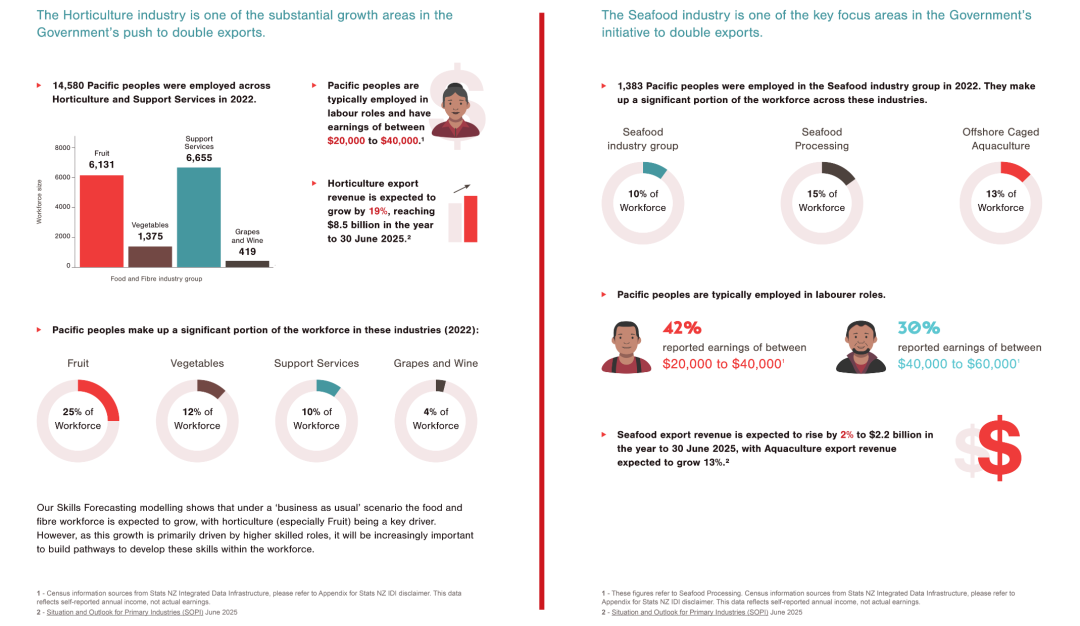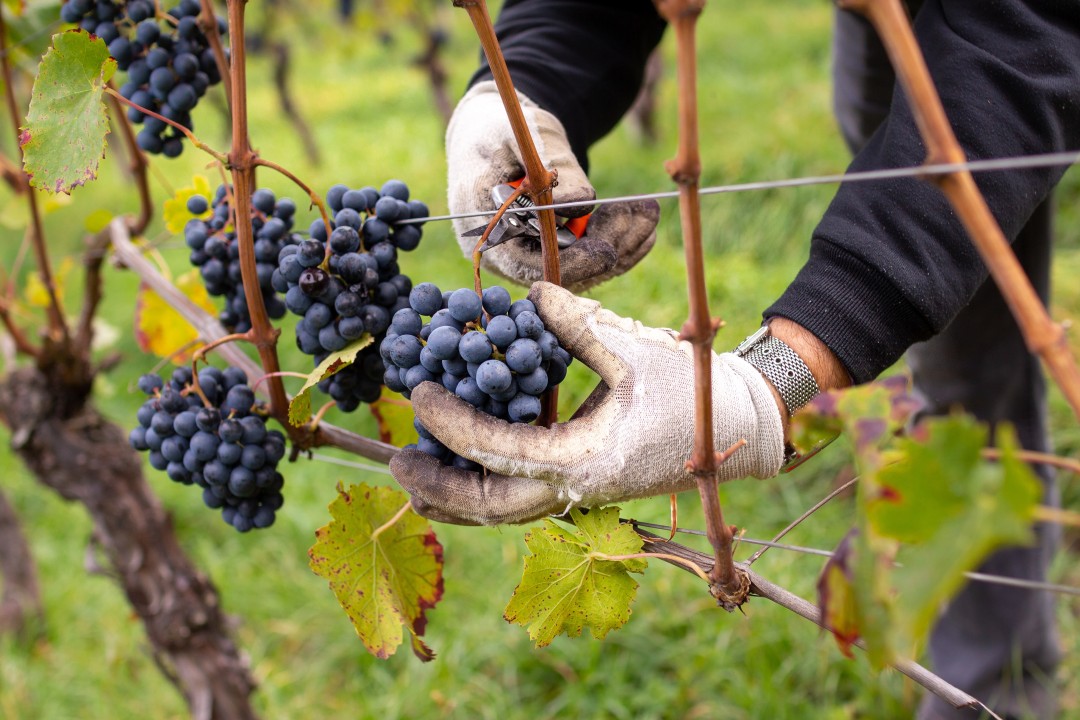RSE Skills Recognition Project
The RSE Skills Recognition Project aims to formally recognise the skills Pacific workers gain through the RSE scheme in New Zealand, making them transferable and valued both locally and in their home countries. The project supports career development, training, mentorship, and the creation of sustainable employment pathways beyond seasonal work.
It also helps education providers deliver targeted programmes and ensures skills are assessed, acknowledged, and recognised upon reintegration into Pacific communities.
Find out more about the project here.

